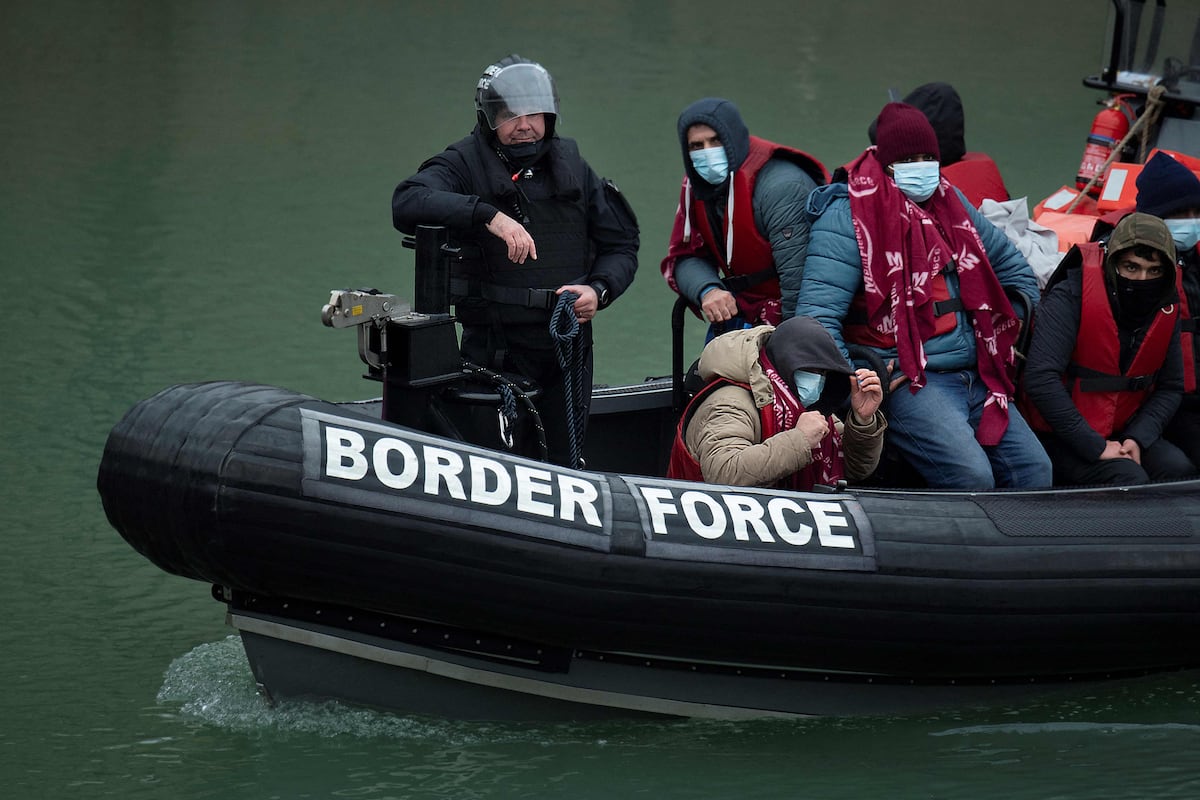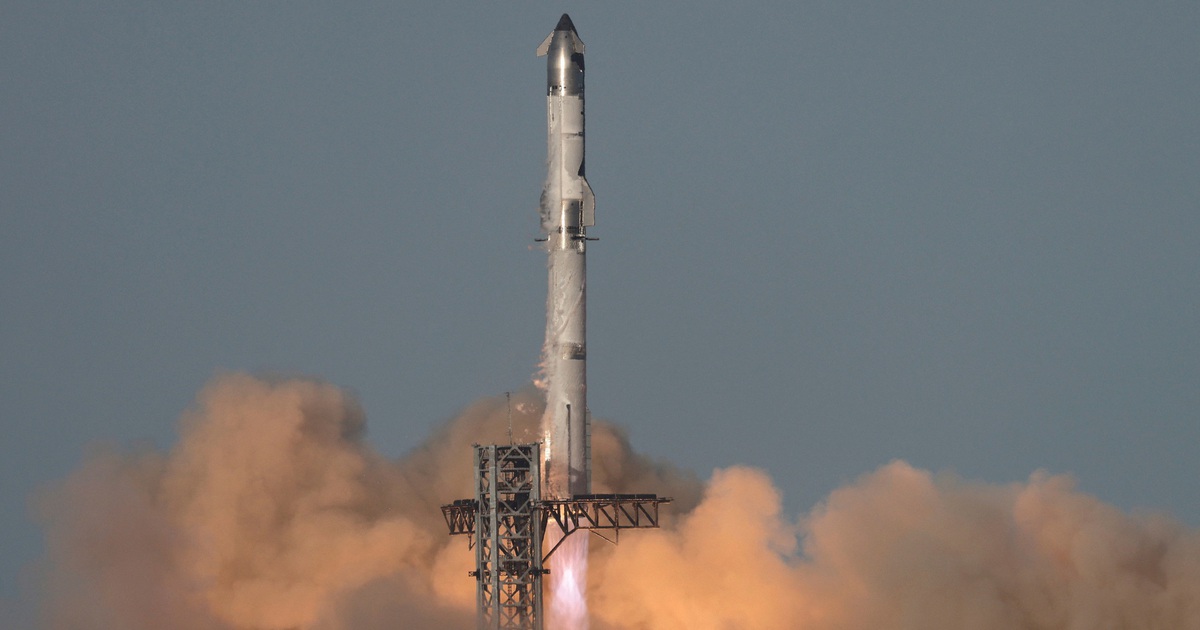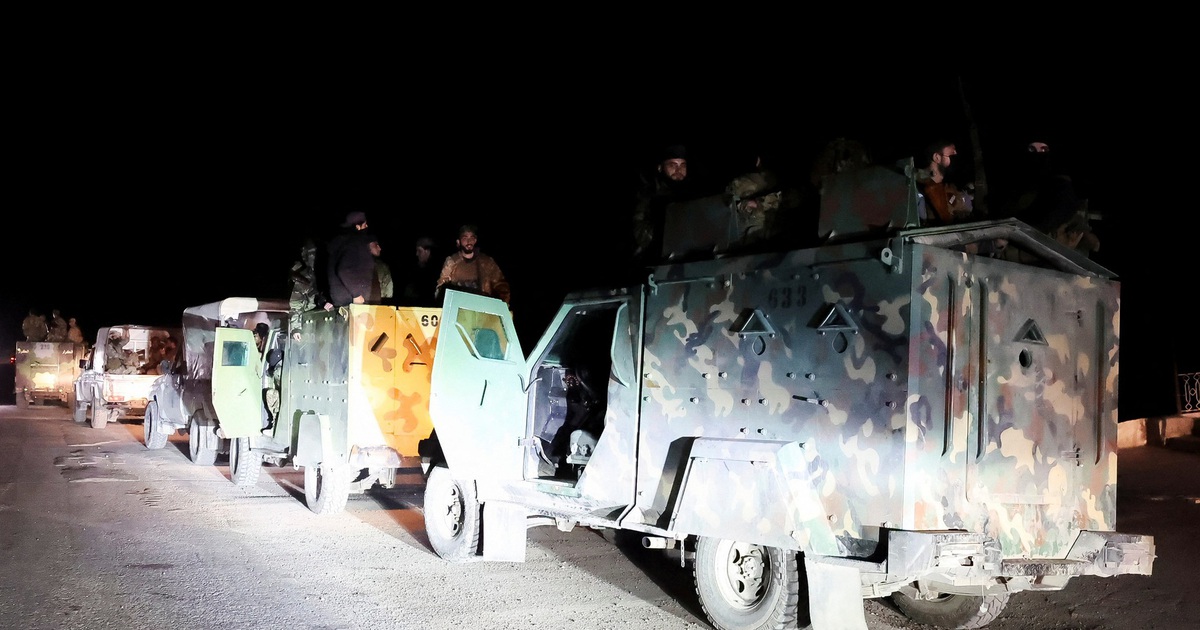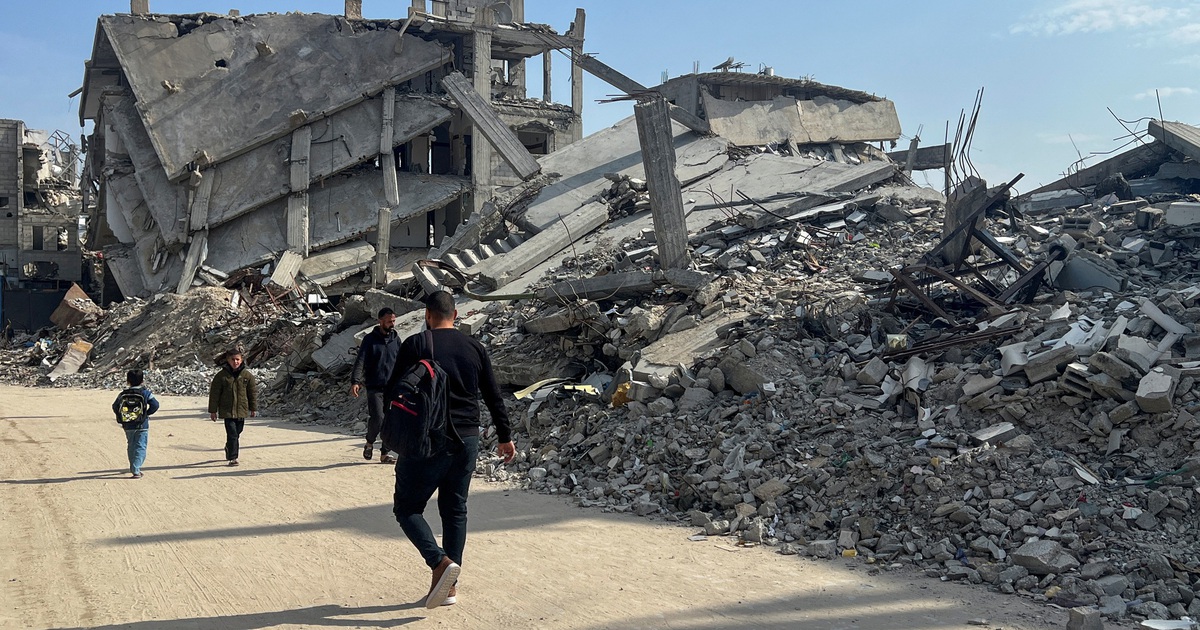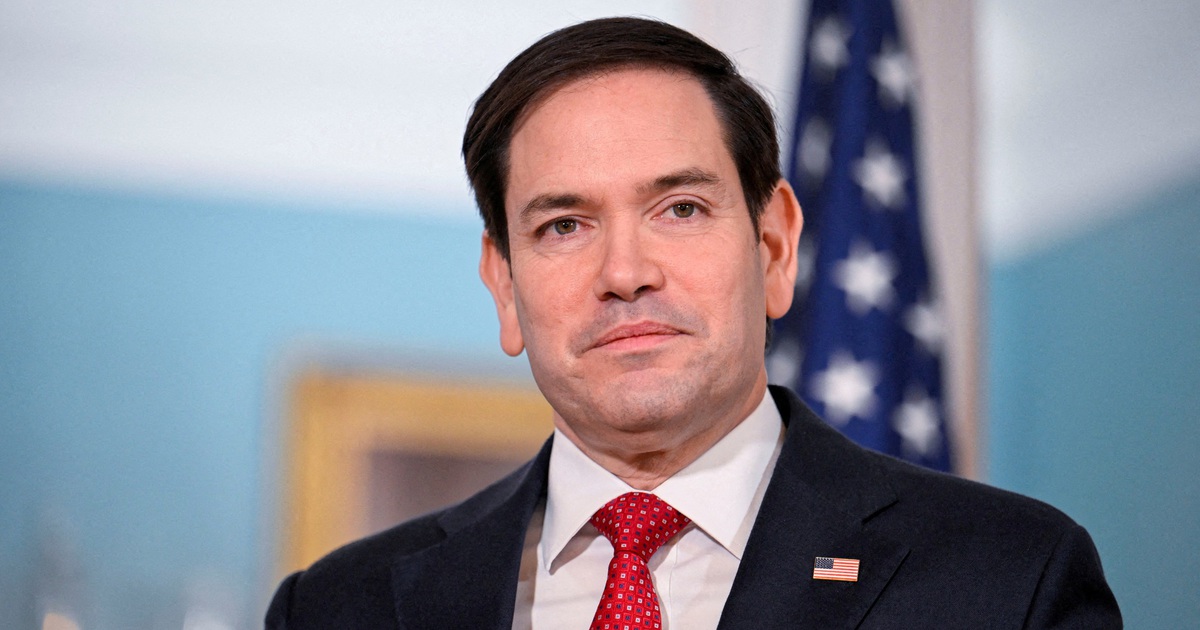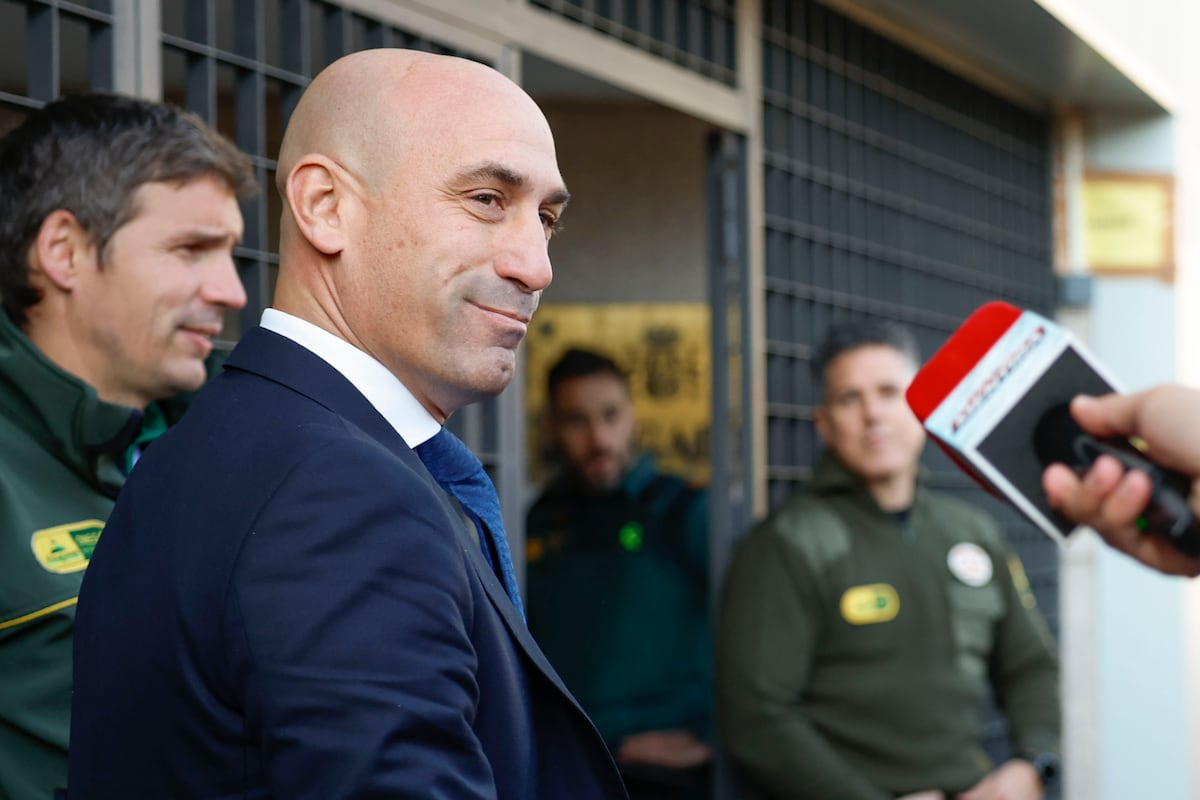The political use of immigration has perverse effects, and the ability to turn against those who carry it out. Four days before municipal elections throughout England that could decide the short-term future of Rishi Sunak, the British Prime Minister decided this Sunday to boast about his new policy of deportations to Rwanda, and assured in an interview with Sky News that the increase of immigrants entering Ireland from the United Kingdom, via Northern Ireland, was a clear demonstration “that the deterrent policy was already achieving the intended impact.” His comments have sparked a diplomatic crisis between the governments in Dublin and London.
The Irish Minister of Justice, Helen McEntee, and her British counterpart, James Cleverly, have decided to cancel a working meeting scheduled for this Monday, “to which another date will be assigned in the short term,” according to the Dublin statement. Behind the coldness of the announcement there is a tension regarding an issue, irregular immigration, which is putting the two governments on the ropes.
Sunak forced the approval of his Rwanda Security Law last week, forcing Parliament to vote almost at dawn, with the purpose of transmitting a message of firmness to the conservative electorate. On May 2, local elections are held in England, and the debacle of the tories predicted by the polls could accelerate the internal rebellion of the hard wing of the party against the prime minister and force an early election. The approval of the law, the increase in judges and police to manage the flow of immigrants, and the promise that deportations to the African country will begin in July aim to convey a message of firmness to the electorate. In this effort, he miscalculated his statements, pointing out as an achievement of his policy the fact that almost 80% of the irregular immigrants who now arrive in Ireland do so via the United Kingdom.
Last November, Ireland, celebrated for decades as a land of welcome, suddenly woke up to xenophobic violence. In a single afternoon-night, a wave of riots, burning vehicles, broken windows and racist slogans broke out in the center of Dublin, after the stabbing of three children and a teacher by a person with clear signs of mental illness. The nearly 100,000 refugee seekers, more than 75,000 of them from Ukraine, lived a night of terror, and the Government suddenly discovered that there was also a germ of tension regarding immigration on that island. The housing crisis that the country is suffering, with rents and sales at astronomical prices, has increased the number of homeless people and altered social stability.
Return of immigrants
The Irish Prime Minister, Simon Harris, has contributed to the diplomatic confrontation by ordering his head of Justice to present legislative proposals to the Government Cabinet to allow the direct return to the United Kingdom of all irregular immigrants who arrive in Ireland. Dublin thus admitted that, indeed, the announcement of the deportation flights to Rwanda had led to a flow of people from one island to another. Many of the migrants who fear entering the selection process to be deported to Rwanda have decided to flee Great Britain and enter Ireland through Northern Ireland, since there is no border control between the two territories, despite Brexit . The Irish Protocol preserved the open border to protect the peace reached in 1998 with the Good Friday Agreement.
Join Morning Express to follow all the news and read without limits.
Subscribe
“Under no circumstances is this country going to allow a legal loophole to be created through which we end up taking on the immigration challenges of another Government,” Harris warned. “Other countries can decide how to deal with migration. From the Irish perspective, we aim to have a system with clear regulations, in which those regulations are applied and respected,” he added.
Return of migrants
Ireland and the United Kingdom enjoy, despite Brexit, a Common Area of Movement of People that allows free movement between the two islands. British Government sources have already responded, given the Irish warning, that they will not accept the return of immigrants if it is not contemplated within a broader agreement between London and the EU. “We will not accept returns of immigrants from community territory, via Ireland, until the European Union accepts that we can also send them back to France,” said a spokesperson for the British Executive.
The Supreme Court of Ireland stopped the Government’s decision to define the United Kingdom as a safe third country, and to negotiate bilaterally the return of people. According to the judges, this decision had to be made within the EU framework. The purpose of the meeting of ministers scheduled for this Monday was to begin putting collaborative measures on the table in the face of a challenge that affects practically all of Europe.
The diplomatic crisis caused by Sunak’s triumphalist statements and Dublin’s threat to initiate a unilateral returns process has put a stop to any attempt to reach a path of cooperation.
Follow all the international information on Facebook and xor in our weekly newsletter.
.
.
_

